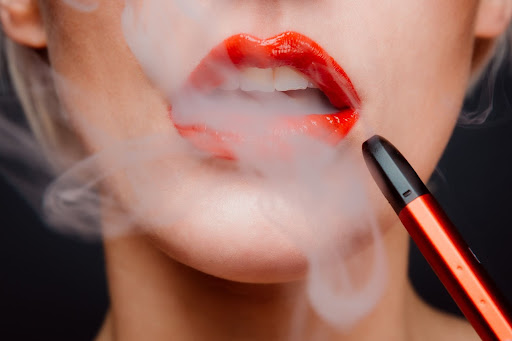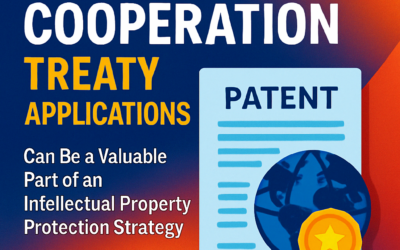Parodies have lasted almost as long as art itself and certainly as long as copyright and trademark laws. Generally, we’ve accepted that they’re all in good fun — that’s the point of a parody, after all. It takes the themes, characters, setting, and/or premise of the original work but adds a new, goofy twist. Some people have even based their careers on parody, like Weird Al, who pays mechanical licenses to original songwriters for the melody of their songs before adding new, silly lyrics.
Some parodies, however, are protected from paying royalties by the “fair use” section of the copyright act. The fair use clause allows copyrighted works to be used by someone other than the copyright holder “for purposes such as criticism or comment.” If the use of the original material is deemed “transformative,” the parody gets the go-ahead. This was the case with Vape: the Musical, a 2019 parody of the 1971 musical Grease by Jim Jacobs and Warren Casey.
What Happened With Vape: the Musical?
In 2019, Atlanta sketch group was served a cease-and-desist letter from Concord, the music publisher that owns the rights to Grease the musical on the behalf of creators Jim Jacobs and the late Warren Casey. The letter concerned their new musical, Vape, a clear parody of Grease for a millennial audience…with a twist.
Vape, while poking fun at the age of the cast in the movie Grease and the random bursting into song, used the characters and plot of Grease to “criticize its misogynistic and sexist elements.” It was made for a millennial audience, utilizing millennial slang and pop culture to take a more modern look at what had become a rather dated plot.
Sketchworks contested the cease-and-desist letter, claiming that their show fell within fair use because they were using it to criticize and comment on the original plot of Grease…and the judge agreed. Vape was determined fair use, and the show was greenlit to open.
Why Fair Use?
Copyright protection is a serious matter, but often transformative works are able to parody a copyrighted work, based on a variety of factors. When reviewing whether a transformative work is fair use, courts will consider:
- The purpose of the use of the copyrighted material, especially if it’s for educational or nonprofit use;
- The nature of the original work, such as whether it is creative fiction or based on real events;
- The amount of the copyrighted work used in the transformative work;
- The effect on the market value of the copyrighted work.
Grease is a fictional story, and all of the characters in Vape: the Musical shared the same names as the characters in Grease and followed largely the same plot. However, there were a few things that made Vape: the Musical stand out. The main sticking point was the critical nature of Vape.
Although Concord tried to argue that Vape was more of a criticism of society at large, the judge agreed with Sketchworks. Sketchworks’ case pointed out several instances in which Vape’s material spoke to Grease specifically, such as the criticism of Danny’s poor treatment of Sandy and the sarcastic lines added when Sandy decided to change her entire personality for Danny.
As for the market, it is unlikely that audiences who saw Vape: the Musical were giving money to Vape that they would otherwise have given to a production of Grease. This was a local parody production in 2019, while Grease first opened on stage in 1971 and the movie was released in 1978. The court did not find substantial harm to the market value of the latter.
Had Vape not included the blatant criticism of Grease’s sexism, Concord very well may have won their case. However, in this case, there was plenty of evidence that Vape had painted Grease in a new light and added something new to the original copyright.
Need help figuring out whether your parody is legal due to fair use? Want to take steps to protect your copyrighted work? Contact Garcia-Zamor today. We have two decades of combined experience in the field of intellectual property law and we can provide you with the counsel and know-how you need to navigate the complex world of copyright.







